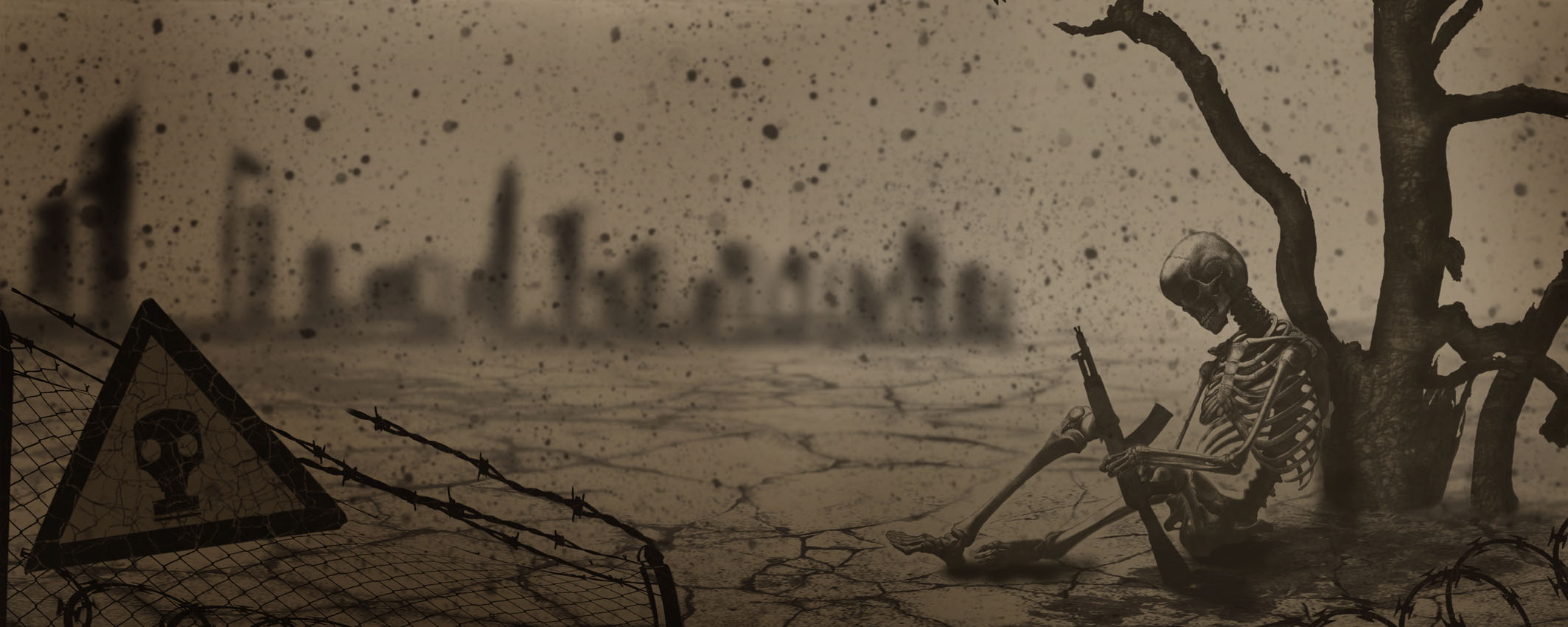 |
CCST9054 Science, Technology and Big Data
|
[This is a certified Communication-intensive (CI) Course which meets all of the requirements endorsed by HKU’s Senate, including (i) the teaching assessment of oral and digital communication ‘literacies’; and (ii) at least 40% of the course grade assigned to communication-rich assessment tasks.]
Course Description
War is often used as a means to advance political agendas and justified through perceived benefits to society. Yet, the act of war is universally disastrous for our planet’s environmental health. War and violent conflicts displace humans, destroy terrestrial and aquatic resources, and lead to the exploitation and extirpation of biodiversity. At the same time, military infrastructure and “off-limits” areas have become some of the world’s best conservation areas. Regardless, the human toll of war makes it easy for the public to overlook the immeasurable damage and few benefits that war inflicts on nature.
This course will cover the major themes of conservation biology and ecology through the lens of direct and indirect consequences on ecosystems as a result of human conflicts. These themes include species extinctions, habitat loss, climate change, pollution, invasive species, and a few positive examples of conservation, ecosystem restoration, and species recovery. The course will highlight case studies for students to critically evaluate, providing a historical context for the conflict and the ecological and socio-economic consequences.

Course Learning Outcomes
On completing the course, students will be able to:
- Identify and describe historical environmental impacts as a result of military actions, violent conflict and war.
- Demonstrate understanding of some of the fundamental concepts of conservation biology.
- Demonstrate inherent link between war tactics and environmental damage.
- Apply the knowledge from above to propose policies that militaries could initiate to reduce their ecological footprint.
- Present the history of war through the perspective of ecology in digital and oral formats that are suitable for the wider public.
Offer Semester and Day of Teaching
Summer Semester
Jul 7 – Aug 1 (Mon, Wed & Fri), 9:30 am – 11:20 am
Study Load
| Activities | Number of hours |
| Lectures | 24 |
| Tutorials | 8 |
| Reading / Self-study | 40 |
| Assessment: Creation of Wikipedia article | 15 |
| Assessment: Video production | 20 |
| Assessment: Peer-review of assignments | 5 |
| Assessment: Writing assignment | 15 |
| Total: | 127 |
Assessment: 100% coursework
| Assessment Tasks | Weighting |
| Video production | 45 |
| Educational display | 30 |
| In-class assessments | 15 |
| Peer evaluation | 10 |
Required Reading
There is no official textbook for the course. Selected articles from newspapers, books, magazines and websites, case studies and other materials designated as required reading for each lecture.
Course Co-ordinator and Teacher(s)
| Course Co-ordinator | Contact |
| Professor D.M. Baker School of Biologcial Sciences, Faculty of Science |
Tel: 2299 0606 Email: dmbaker@hku.hk |
| Teacher(s) | Contact |
| Professor D.M. Baker School of Biologcial Sciences, Faculty of Science |
Tel: 2299 0606 Email: dmbaker@hku.hk |
| Dr E.J. Pickett Faculty of Science |
Tel: 3917 1286 Email: epickett@hku.hk |

